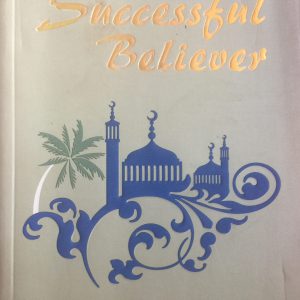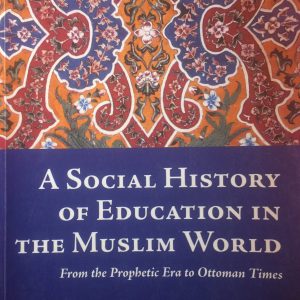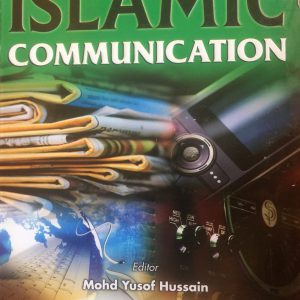S. Waqar Ahmed Husaini (Ph.D., Engineering-Economic Systems Planning, Stanford University, California), is the Founder-President, InstitUte of Islamic Sciences, Technology, and Development and, since 1986, Visiting Scholar, Stanford University. In the Islamic and comparative contexts, he has taught civil and water resources engineering, environmental laws, engineering economics, history and philosophy of science, bio-medical ethics, etc. in Malaysia, Saudi Arabia, and USA. He has been a consultant for U.S. government agencies, U.N. bodies, and Islamic and Arab inter-governmental organizations. His books, translated into Arabic, Malay, Indonesian, and Urdu include: Islamic Environmental Systems Engineering; Islamic Science and Public Policies; Teaching Islamic Sciences and Engineering; The Quran for Astronomy and Earth Exploration from Space; Water Resources Sciences and Engineering in the Quran (vol. 1); and Economics in the Quran (in the press). His monographs on military expenditures published by the Hoover Insitution on War, Revolution, and Peace, Stanford University, are: Muslim Militarism and Islamic Jihad; and An Islamic Assessment of Belligerence and Developme Sub-Himalayan Countries.
ISLAMIC THOUGHT
₦10,000.00
Islamic Thought in the Rise and Supremacy of Islamic Technological Culture: Water Resources and Energy, brings out the role of Islamic ideological culture in the birth, rise, and world supremacy of Islamic technological culture during the First to Eighth AH (Seventh to Fourteenth AD) centuries. Examples are given from the history of water resources and energy. Islamic ideology refers to implications for ‘the two cultures” of the Quranic concept of God and prophethood; the Kitab al-Kharaj books on the Traditions of Prophet Muhammad; Islamic law, esp. land tenure and environmental laws; economics; politics and administration; etc. The primary beneficiaries of these Islamic cultures during the early centuries, when Muslims were a minority in the Islamic world-states, were the non-Muslim majorities; the latter, therefore, embraced Islam first gradually and later on rapidly. The book presents the way to revive the Islamic ideological and technological cultures through a critique of the two main causes for the decline and continued backwardness of Muslim cultures: Sufism; and takhsis, i.e., “reduction, limitation, restriction” of Islamic law to only family laws; Islam to rituals and superficial aspects of the “five pillars”; exclusion of Islamic science, technology, economics, etc. from “Islamic” epistemology and education; and other manifestations of takhsis.
- AUTHOR: S. WAQAR AHMED HUSSEINI
- PUBLISHER: Goodword
- ISBN 81-7898-022-3





